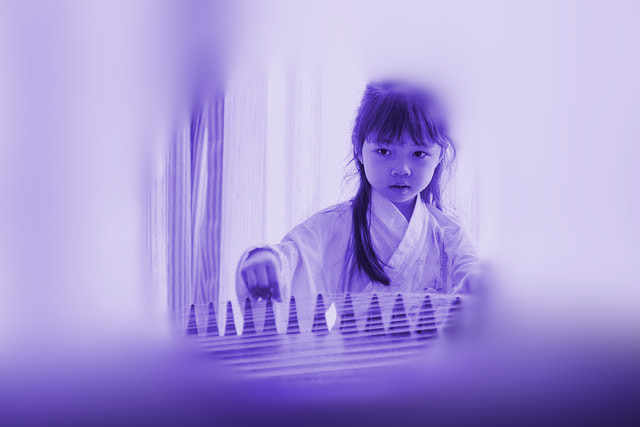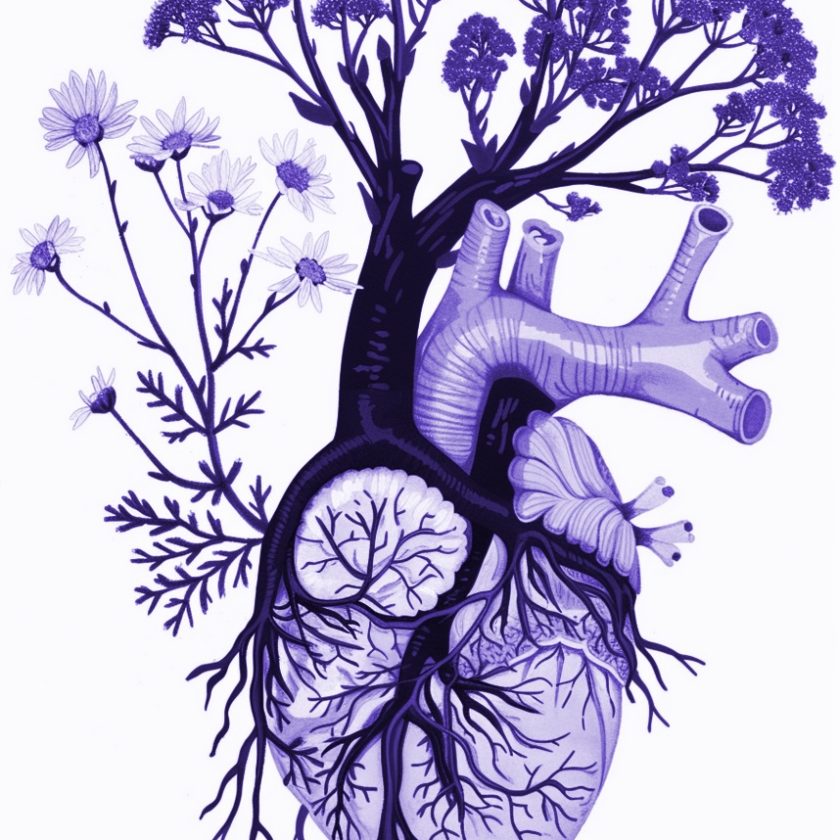To live is to earn a living above all. To succeed is to display a status, a lifestyle, a material comfort synonymous with security and social dominance. Since bourgeois values are dominant, we no longer really seek greatness, the sublime or the beautiful, it is above all efficiency and the lure of gain that are in charge.
A society of merchants needs representatives to encourage adherence to this model of society. Sports stars instill in us the will to perform, while the stars of the small and big screen enjoin us to adopt the codes of the consumerist world.
To dominate is a choice that we make for fear of being dominated ourselves. Essentially, what pushes us towards enrichment is as much the quest for profit as the fear of being left behind.
Traditional and modern societies
Traditional societies are based on a certain idea of honor and relationship to the sacred. The mode of consumption is free of sacredness
Dying for a cause is meaningless in a society obsessed with gain. To die is to lose and to lose is bad. On the contrary, in a traditional society, dying has a meaning because there is a leveling, a hierarchy of things. The family, the group, the nation are all more important than the individual. It is therefore acceptable to die to defend one of these entities.
In today’s society, what differentiates things is their price. The individual is the most important entity, so it makes no sense to die for anything else, because nothing is more valuable than that good.
The individual is the one who savors pleasure. The goal of modern life is the gratification of pleasure. There is no more satisfying reality. Pleasure is the enjoyment of the present moment while ignoring the past and the future. Pleasure is a suspension in time.
Becoming good
If everything is seen under the angle of pleasure, it implies that what is good is only good according to its capacity to give pleasure – humans included -. Humans being potentially a source of pleasure, we alienate our humanity at the same time.
In a traditional society, what is good is what contributes favorably to the group. Courage, generosity, loyalty are qualities appreciated by the group because they help to preserve it.
Even today, when we think of someone who is good, we tend to associate him or her with traditional qualities because the old values have fortunately not completely disappeared.
However, other “new” values are gradually imposing themselves on our society. The people highlighted by the media are not in most cases “good” if we judge them according to the prism of traditional values. They are often manipulative, proud, expressive, assertive, contemptuous or vulgar. These are traits that abound in an individualistic society because they “value” the individual over the group.
As the individual is put at the pinnacle, extroverted values are advocated above all. At the beginning of the 20th century, people read a lot, whether it was books or newspapers. There was no problem to be introverted, it was totally in accordance with the expectations of the time because the group counted more and we had not entered a society of spectacle. With the advent of television, the whole society was turned upside down. Progressively, television values were imitated: speaking loudly, smiling, being eloquent, talkative, rude, gesticulating or even arrogant. It is as if one wanted to become the jester or the impertinent host that one saw on TV.
The sense of good changes
Before, the individual was obsessed with serving his or her group. It was frowned upon to be selfish or narcissistic. There was a collective will to strive for a form of goodness because it was linked to God. He who is good is close to God. Today, we believe less in God overall, so it is normal that we want to get closer to him. It is the king who is glorified, the power. We seek more to have the attributes of social dominance and we thus disregard virtue, that which makes us eternal beings.
The temporal has won
There is a permanent struggle between two visions of life, the temporal and the timeless. The temporal is what allows us to succeed here below. The values of the timeless allow us to succeed in the hereafter.
Of course, the material world is palpable, that’s why people bet everything on it. We don’t know what the afterlife will be like, so we doubt it and prefer to ignore it.
The afterlife, nothing tells us that it will exist, that’s why hedonism is so popular. It is the only earthly happiness of which we are totally sure. Death, salvation of the soul, eternal life, paradise, transmigration of souls, the last judgment, etc., are all blurred for the common man. All this is blurred for the common people, so to consume and enjoy is more than enough.
Enjoyment disfigures
Inner beauty is reflected in outer beauty over time. Conversely, the ugliness inside will tend to disfigure its owner even if the external beauty can mask this for a while.
Living selfishly, maliciously and enjoyably attacks the soul as acid corrodes steel. The evil of the soul gradually takes shape to reshape the face as the potter shapes the clay.
What is the point of being a good person?
Seeking to be good simply allows one to achieve happiness. There are no happy villains, at least, their selfish happiness cannot compete with a happiness based on virtue.
Goodness is the essence of life
The workplace can tend to corrupt us. We can learn to lie, cheat or overuse our power. When we damage our souls, we end up wanting the wrong things. We want more money, power or fame when true happiness is more simple and direct.
Goodness as the light of the inner world
When something shines inside, we don’t need to go outside to find the light. Luxury, which comes from the Latin word “lux” means “light”. People without inner light will tend to go towards what shines, towards luxury to feel for a moment in a superficial way what they could feel deeply by a spiritual and moral work.
Goodness is sufficient in itself
If of course goodness benefits those around him, it benefits above all the one who cultivates and keeps this treasure because it allows him to reach a true happiness.
The three dimensions of happiness according to Hinduism
Tamasic happiness (lower degree of happiness): it is the happiness which is based on the misfortune or the suffering of others
Rajasic happiness (intermediate degree of happiness): happiness that is indifferent to the happiness of others
Satvic happiness (ultimate degree of happiness): it exists only because it contributes to the happiness of others. This is where goodness resides.
The world distracts us from the path to goodness
If at the beginning, one has a natural impulse towards goodness through the empathy that a child enjoys, one can be quickly distracted from the path of goodness if one is placed in a bad environment.
We can suffer from years of corruption of who we are during a childhood where our being will have been martyred. Very often, these same children will never recover, they will live their whole life as “broken adults”. Once lost from the path of goodness, we can wander all our life if we don’t find the right person or the right guide who can enlighten us again.
Cultivate one good value at a time
Virtue attracts other virtues as vice attracts other vices. If you are careful not to lie, for example, you will develop other qualities such as courage, integrity or benevolence. Conversely, making a habit of lying exposes you to being a coward, a dissembler, or to being malicious. Light attracts light as darkness attracts darkness.
The Power of Habits
If you have become aware of some of your shortcomings and at the same time of the link between happiness and virtue, you will want to change. In-depth change does not happen overnight. The water to make a hole in the rock, will need to pour for years. Making the decision to change is the beginning of change. To reconnect with virtue, with what is good, we must attack one vice at a time, knowing that each recovered virtue will create a multiplier effect on the creation of other virtues.
The power of challenges
If you want to transform your being, you must transform your actions. We are what we repeatedly do. If you make a commitment to adopt a new virtuous habit every day, you will gradually become better. Here is a non-exhaustive list of things you can implement in your life daily to become a better person:
– Refrain from lying
– Do a selfless act of generosity
– Protecting someone who is being treated unfairly
– Standing up to mean people
– Give your best to your work
– Demonstrate discipline and cleanliness
– Become wiser by reading or listening to lectures by enlightened people
– Refrain from slandering or speaking ill of anyone
To summarize:
– Today’s world makes us forget a little about the necessity and even the meaning of what is good.
– Virtue is a condition of happiness
– Cultivating an inner light saves us from having to look for light externally
– We can change what we are profoundly by an action resolutely different from what we are
– Becoming good should be the true meaning of life rather than being successful










